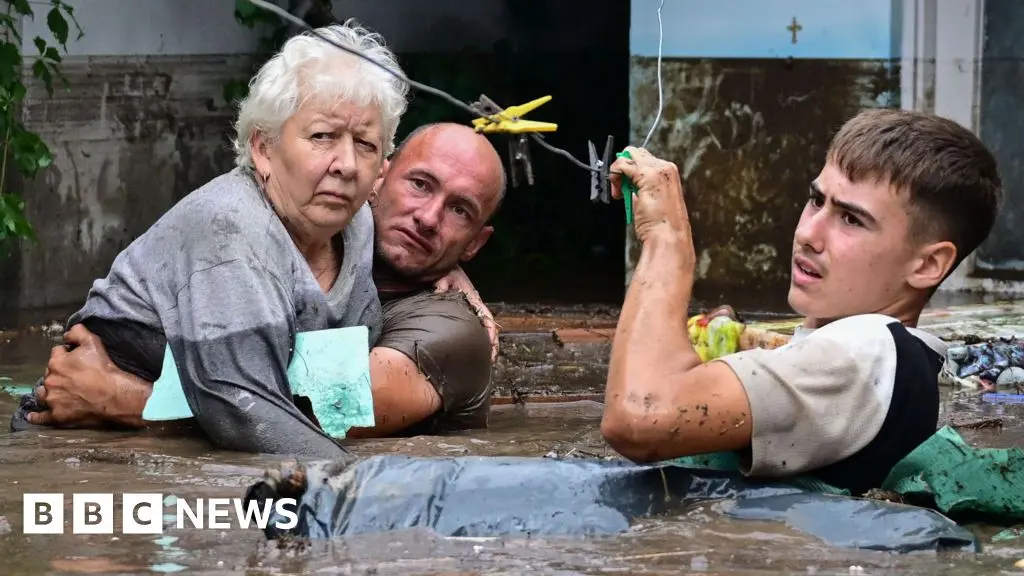- cross-posted to:
- world@lemmy.world
- cross-posted to:
- world@lemmy.world
Central Europe’s devastating floods were made much worse by climate change and offer a stark glimpse of the future for the world’s fastest-warming continent, scientists say.
Storm Boris has ravaged countries including Poland, the Czech Republic, Romania, Austria and Italy, leading to at least 24 deaths and billions of pounds of damage.
The World Weather Attribution (WWA) group said one recent four-day period was the rainiest ever recorded in central Europe - an intensity made twice as likely by climate change.
One reason Boris has produced so much rain is that the weather system got ‘stuck’, dumping huge amounts of water over the same areas for days.
There is some evidence that the effects of climate change on the jet stream - a band of fast-flowing winds high up in the atmosphere - may make this ‘stalling’ phenomenon more common. But this is still up for debate.
Even if we don’t get more ‘stalled’ weather systems in the future, climate change means that any that do get stuck can carry more moisture and therefore be potentially disastrous.
“The [severity of the] flood events is going to increase considerably in the future, so if you keep the flood protections at the same level as they are today, the impacts may become unbearable for societies in Europe,” explains Francesco Dottori of IUSS in Pavia, Italy.


